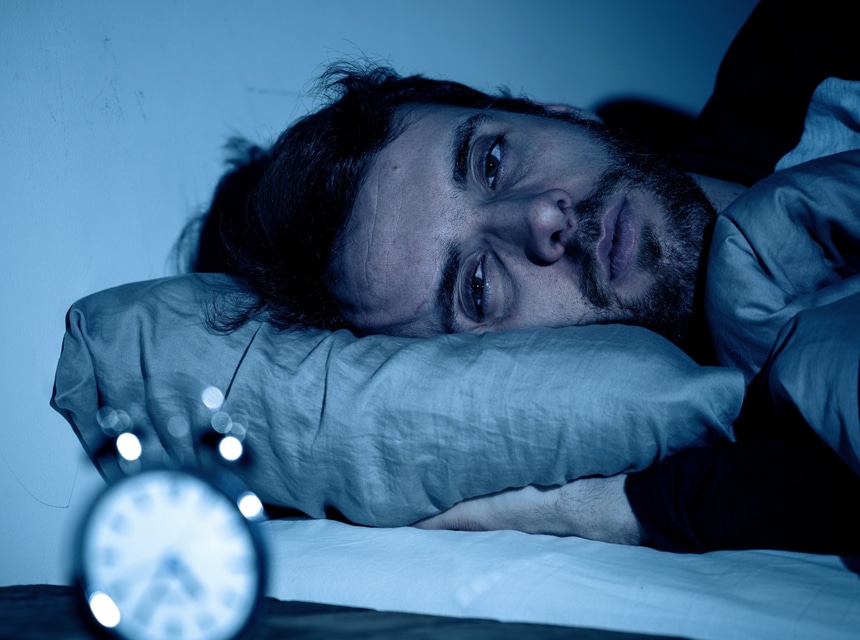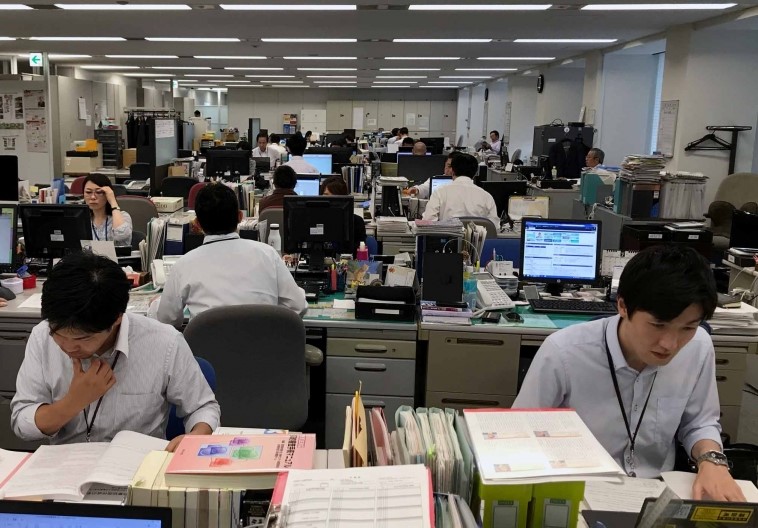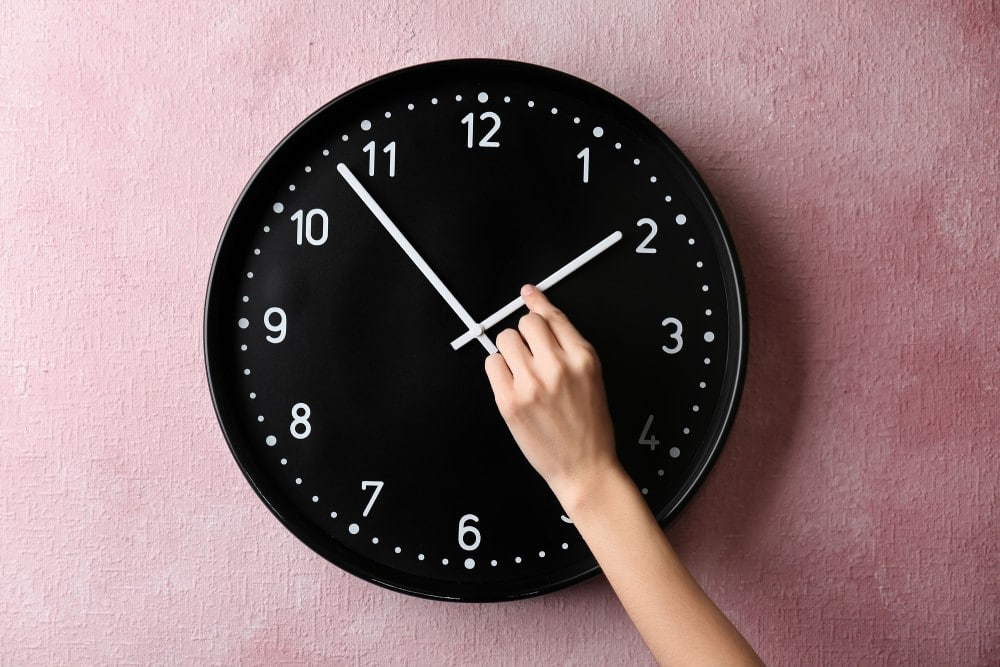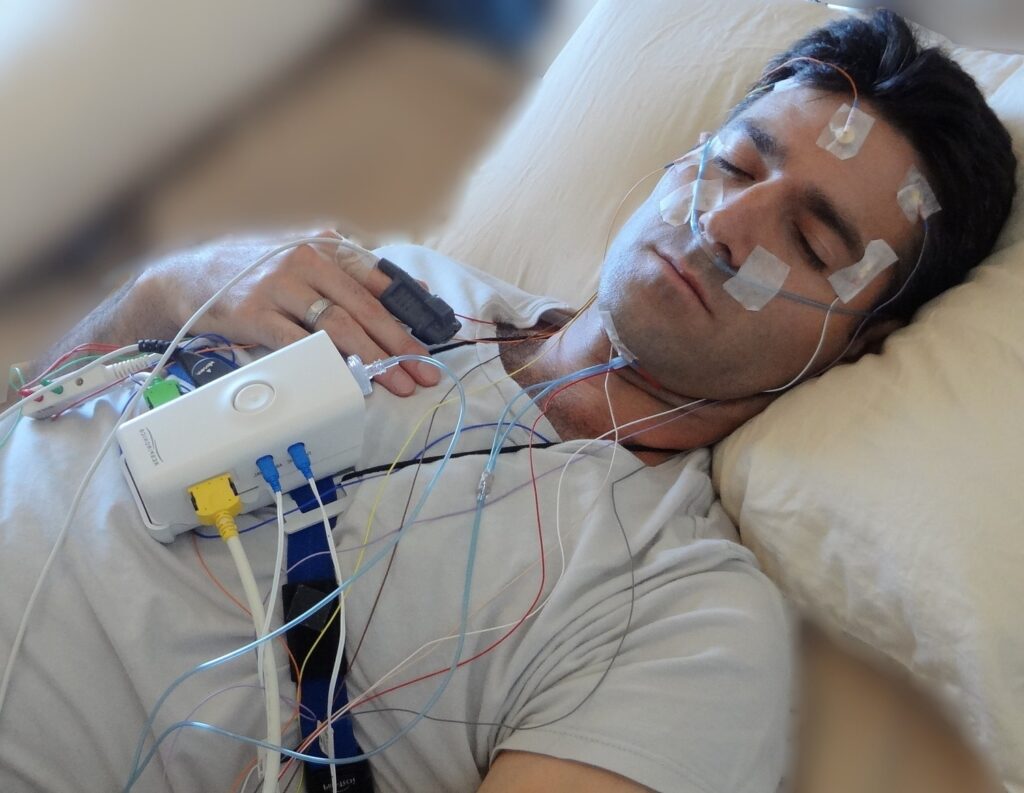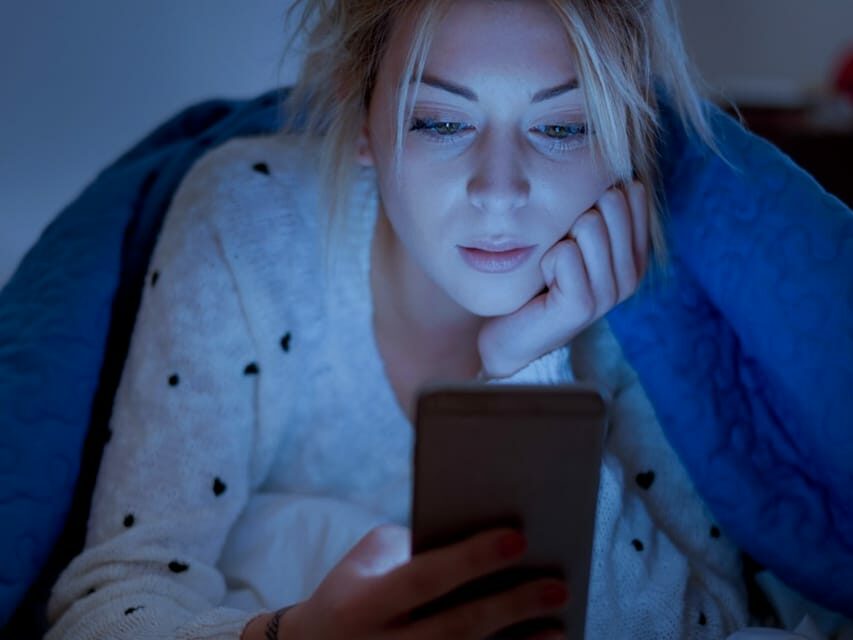

Uppsala University conducted a study on the relationship between negative social impressions and acute sleep deprivation. The study came to show that sleep deprivation has drastic negative impacts.
The results of the findings were proven through experimentation and strongly backed up with evidence, and the study was later published in the scientific journal “Nature and Science of Sleep”.
To clarify, young adults who are sleep deprived, tend to rate angry faces as both unhealthy and untrustworthy. Moreover, through experimentation, it was observed that after sleep deprivation for a certain time, even apprehensive and neutral expressions looked comparatively less appealing.
The researchers’ team from Uppsala University in Sweden made use of an eye-tracking system. The sensor technology is capable of identifying what the subject is focusing his eyes on in real-time.
For the experiment, a total of 45 young men and women volunteered. The objective of this experiment was to analyze how acute sleep deprivation influences the way humans explore and evaluate joyful, angry, terrified, and even neutral faces.
The same volunteers were to experience both, sleep and sleep deprivation. Therefore, they slept for one night for only eight hours of sleep, and one night they did not sleep at all. After both nights, their eye movements were measured.
The tests came to show that, the morning after sleep deprivation, the individuals spent comparatively less time fixating on faces. As humans, it is important to focus on something to comprehend it to a certain degree.
However, spending less time fixating on faces after acute sleep deprivation increases the risk of the emotional state of others being interpreted inaccurately.
According to Lieve Van Egmond, first author and Ph.D. student, “When sleep-deprived, our research subjects spent less time fixating on faces. Since facial expressions are crucial to understanding the emotional state of others, spending less time fixating on faces after acute sleep loss may increase the risk that you interpret the emotional state of others inaccurately or too late.”
Indeed, the findings exhibited the expected results, which were that acute sleep loss is associated with more negative social impressions of others. Sleep-deprived individuals in the experiment perceived angry faces as untrustworthy and healthy-looking. In addition, neutral and fearful faces were perceived as comparatively less attractive.
Overall, sleep loss can result in less motivation for social interactions as the sleep-deprived person would feel drained and incapable of carrying out a casual interaction. However, the study and its finding cannot be deemed accurate for all age groups.
The participants were all young adults and each age group exhibited a different behavior. Therefore, the results are not generalizable. In other words, children and the elderly might demonstrate completely different results and they cannot be assumed without proper experimentation and study.
To sum up, acute sleep loss does have negative effects, it’s only a matter of to what extent different age groups are affected. Moreover, it is still unclear if chronic sleep loss would show similar or dire results.
